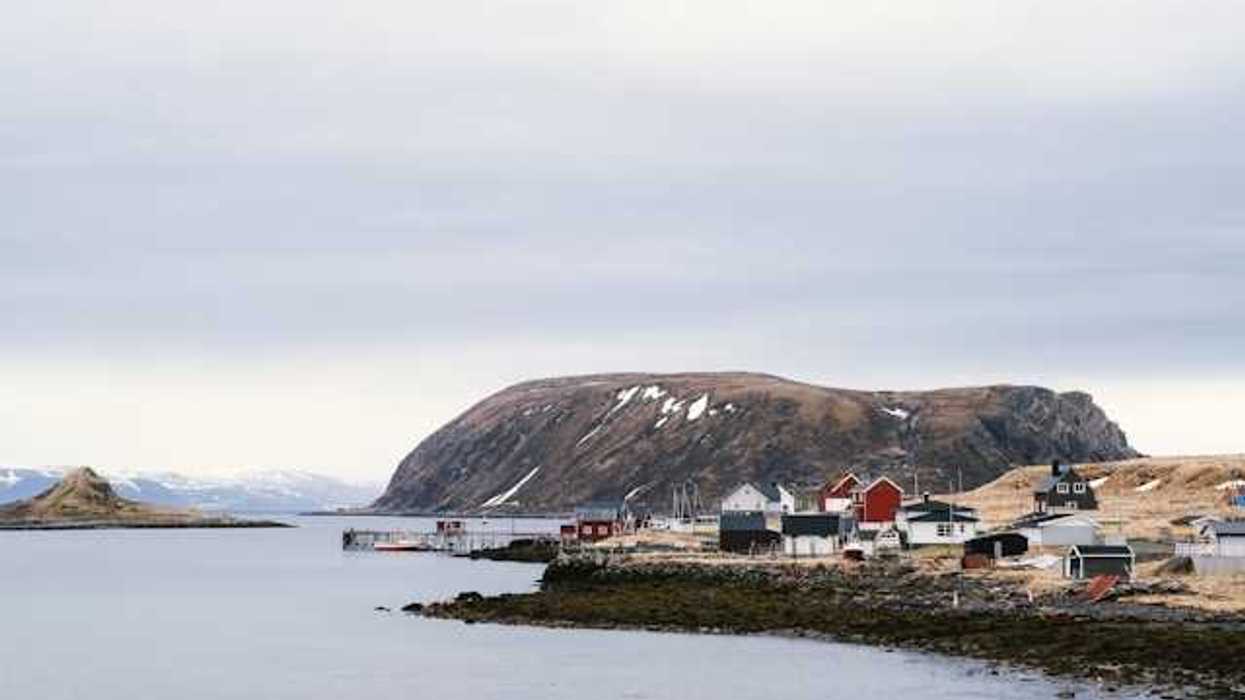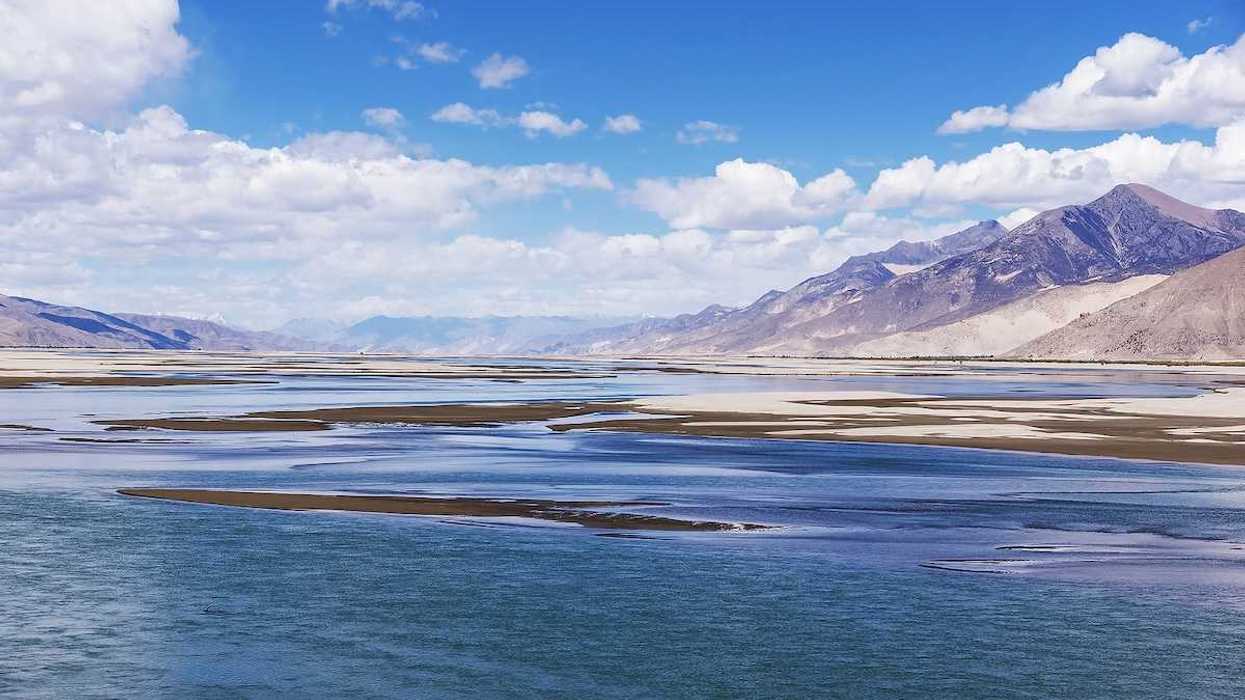In Indonesia, clerics are leading a movement to merge Islamic teachings with environmental conservation efforts.
Sui-Lee Wee reports for The New York Times.
In short:
- Grand Imam Nasaruddin Umar advocates for environmental guardianship as a religious duty, encouraging sustainable practices like planting trees and using renewable energy in mosques.
- Indonesian clerics have issued fatwas that frame environmental protection as a religious obligation, aiming to curb climate change and preserve the nation’s biodiversity.
- Efforts to green mosques have gained momentum, with the Istiqlal Mosque in Jakarta setting a precedent by winning a green building award and installing energy-saving technologies.
Key quote:
"The greedier we are toward nature, the sooner doomsday will arrive."
— Grand Imam Nasaruddin Umar, head of Istiqlal Mosque
Why this matters:
Indonesia's unique approach of integrating faith with ecology serves as a potential model for global environmental reform, particularly in regions where religion significantly influences daily life and policy. Read more about the intersection of religion and the environmental movement: Unconventional pathways to science, with Dr. Katharine Hayhoe.














